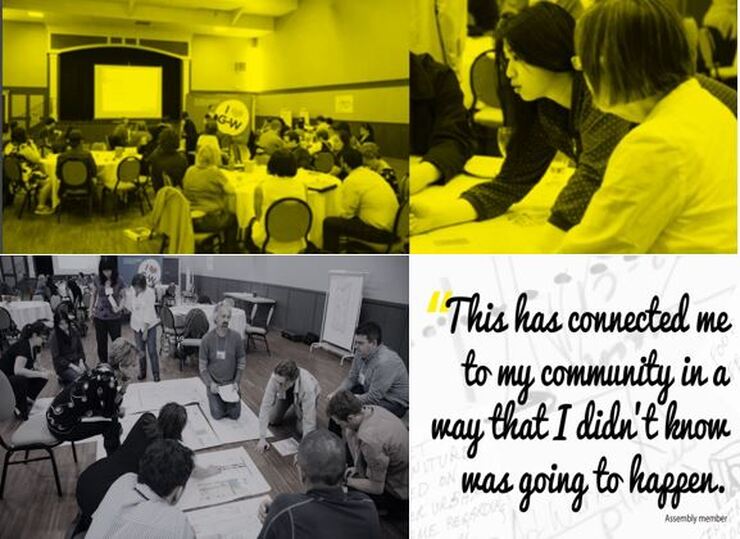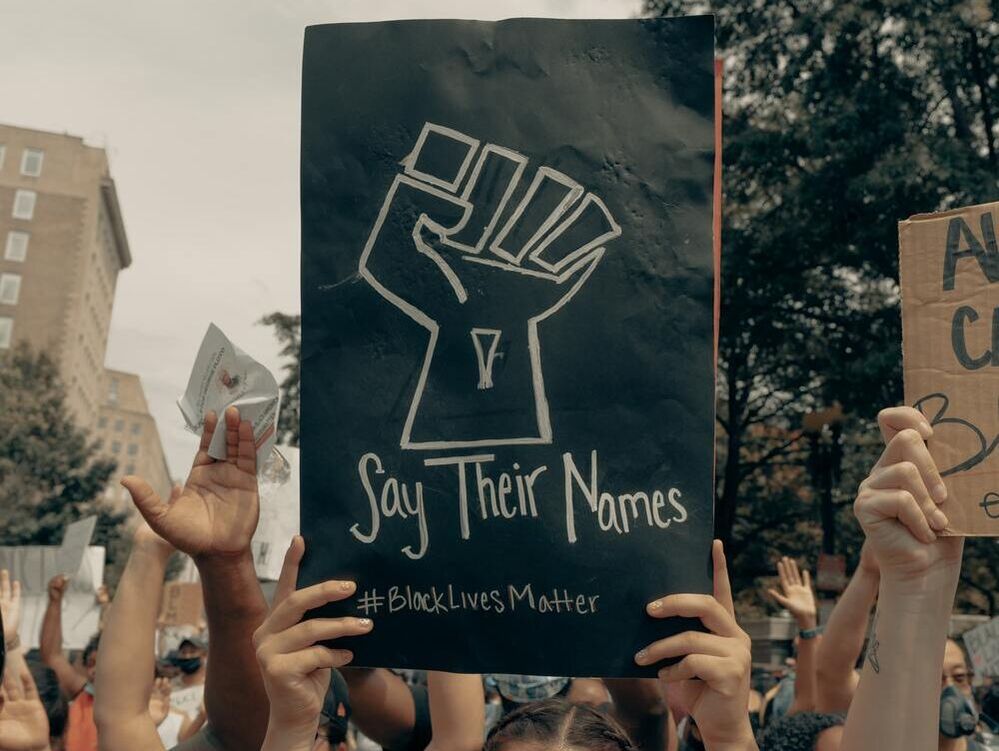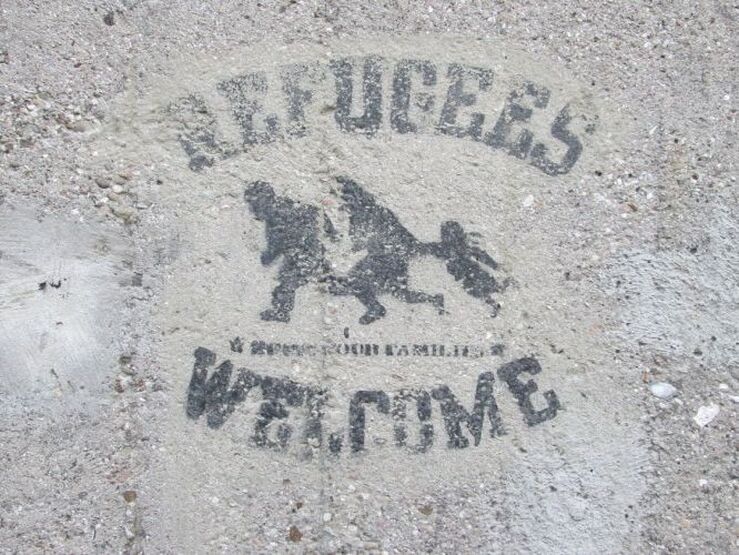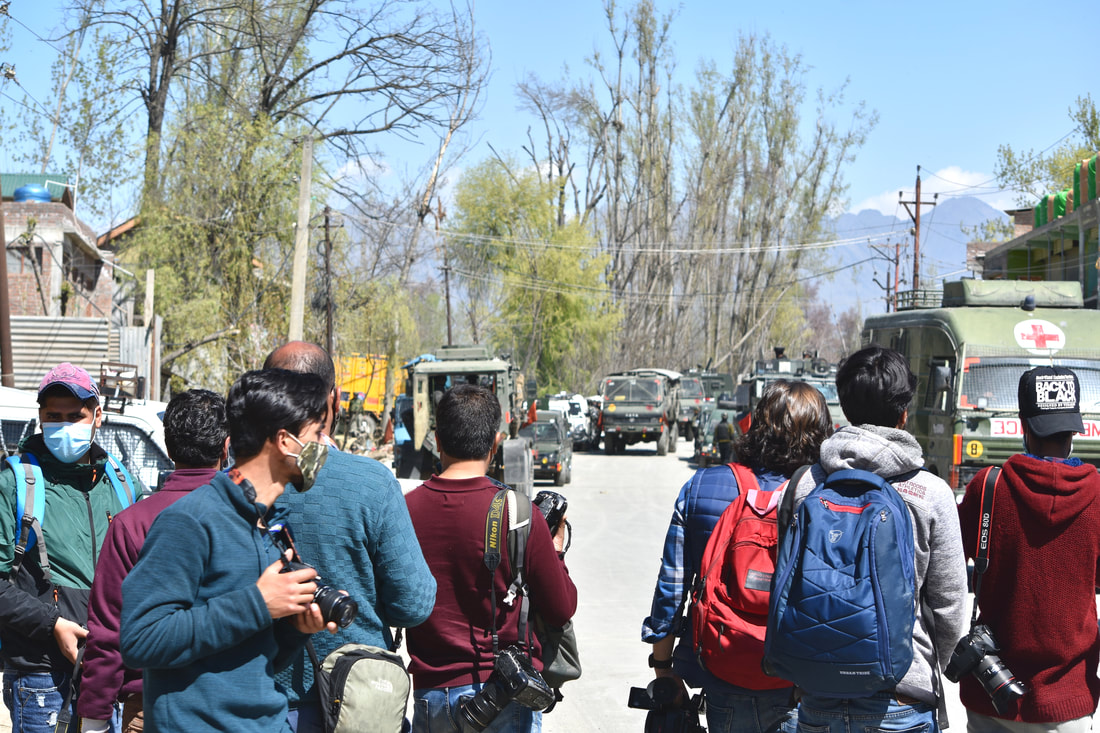|
|
|
The recent protests in Myanmar and elsewhere are lazily interpreted as a sign that people in these places want what people in the West already have: free elections, the rule of law, protection for minority rights, and so on. This is a very comforting reading for the powers-that-be.
There is another, more accurate reading, however, which comes to mind when we consider that even in the West there have been mass popular protests recently: for instance, the gilets jaunes in France, the indignados in Spain, and the Occupy movement more generally. The rapid spread of the Black Lives Matter movement in the US and beyond, the success of populist politicians of the left and right, and the widespread distrust of the authorities everywhere are all signs that Western-style institutions are disappointing for people. It seems that they would like more in the way of democracy, although it isn’t exactly clear what would satisfy them. Has anyone actually figured out what a more democratic system would be like, and how it would work practically?
0 Comments
Due to the accessibility of the internet and the ability of online spaces to bring people together, platforms like social media sites and web forums have allowed globally dispersed communities to engage in conversations about identity and belonging. For my Identities article, ‘Connectivity, contestation and cultural production: an analysis of Dominican online identity formation’, I collected and analysed text data from a web forum that I call ‘DRLive’ to show the kinds of identity discourses that happen online. This site caters to all things Dominican Republic, with free and open forum pages where Dominicans and non-Dominicans participate in discussions covering numerous topics. Adding to work on diaspora, migration, and cultural production among Dominicans, I propose forums and other virtual spaces as additional sites where diasporic and non-diasporic Dominicans come together to talk about and challenge evolving interpretations of identity, history and cultural memory.
Cultural memory, which is defined as a collection of commonly shared historical moments and experiences, is passed on and shared over time by members of a nation. In the case of this forum, for example, I find that ‘the contrived historical narratives propagated in the Dominican Republic throughout the 19th and 20th centuries continue to inform how Dominicans in the country and in the diaspora interpret and construct Dominicanidad.’ Work on virtual spaces often seeks to address how migration might affect the maintenance of cultural memory, especially as second- and third-generation immigrant communities emerge far from their homeland.
Following George Floyd's horrific death and the scenes of his sensational courtroom trial which played out to public scrutiny across the world, my recently published Identities article, 'The dying Black body in repeat mode: the Black 'horrific' on a loop', addresses the notion of the recurrence of 'Black death' in repeat mode offline and its viral circulation online in the digital economy.
Digital platforms abstract dead bodies as floating matter to be consumed without context. In tandem, this 'repeat mode' produces a visuality or a 'shadow archive' to showcase Black bodies as perpetually given over to brutality, violence and foreshadowed by the possibility and actuality of constant death. The horrific killings of Blacks is sustained through police brutality against the historic context of slavery, White oppression, segregation, Black civil rights movements and an American dream forged through Black death as part of a visual regime. My article opens up with the question from a Black student posted on a research mailing list online, on the troubling phenomenon of consuming Black bodies in demise in repeat mode on the internet. The student's query bridges a number of issues including the role of the digital sphere as a virtual graveyard in shaping Black consciousness and communion, given the internet's 'body snatching' tendencies in which violence, death and bodies struggling to 'breathe' float infinitum.
Since 2015, several European countries have witnessed an unprecedented involvement of citizens in forms of refugee support which have been gradually identified in public discourse as a newly emerging ‘culture of welcome’. While acts of solidarity are not a new phenomenon, these emerging mobilisations, often enacted by people with no activist background, hint at an inherent tension between the official stance on the ‘refugee crisis’ and the grassroots responses to it.
The experiences of ordinary people hosting refugees in their homes, often with the intermediary role either of NGOs or of local authorities, shows that no matter how micro or widespread, these emerging housing arrangements make for a ‘social lab’ in which broader societal issues can be fruitfully revisited. Interestingly, refugee hospitality initiatives relocate forms of pro-refugee support from the public arena into the intimate space of the domestic. In doing so, they shed light on emerging practices of ‘domestic humanitarianism’, understood not just as an impulse to offer care tied to specific notions of ‘responsible citizen’, but as a mode of helping that takes place inside the home. At the same time, they evoke the contentious reconfiguration of the mainstream views and boundaries of home – who is entitled to belong in a place and call it home – at the domestic, community and national levels.
The 550 days of communication blockade that Kashmir witnessed between 5 August 2019 and 5 February 2021 was unprecedented - the longest ever communication blockade in the history of any democracy. Coupled with intimidation, threats and restrictions on movement, the Indian state makes it too difficult for the media to operate freely in the region.
In my Identities article, ‘Communication blackout and media gag: state-sponsored restrictions in conflict-hit region of Jammu and Kashmir’, I highlight the events after the abrogation of Article 370 and its impact on press freedom in the region, especially to understand the perception of local journalists reporting from ground zero post-August 2019. On 5 August 2019, the Narendra Modi led government revoked Article 370 of the Indian constitution that provides quasi-autonomy to the region. In a broader neocolonial context, the abolition of Kashmir's autonomy is also the culmination of the Hindu indigeneity ideology, according to which Muslims on the Indian subcontinent are portrayed as invaders and foreigners, and Kashmiri Muslims are doubly marked as the Other: first as Muslims, and second as Kashmiris committed to an unrelenting struggle for a UN-mandated plebiscite and democratic sovereignty. |
|
Explore Identities at tandfonline.com/GIDE |
|
The views and opinions expressed on The Identities Blog are solely those of the original blog post authors, and not of the journal, Taylor & Francis Group or the University of Glasgow.





